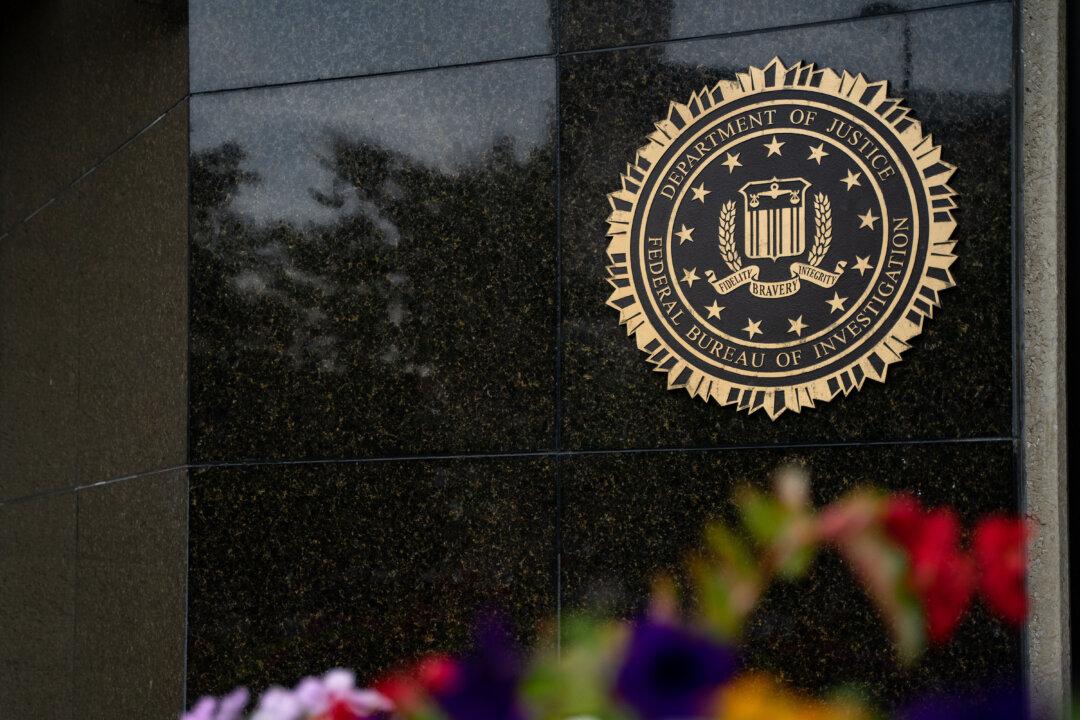Commentary
A few weeks ago, writing for the Commentary website about the Left’s attempts to deny that over-generous handouts by the Biden “stimulus” package can have had anything to do with the unexpectedly slow drop in the unemployment figures and widespread labor shortages, Noah Rothman wrote this: “When self-evident reality conflicts with ideology, ideology tends to lose that fight.”





